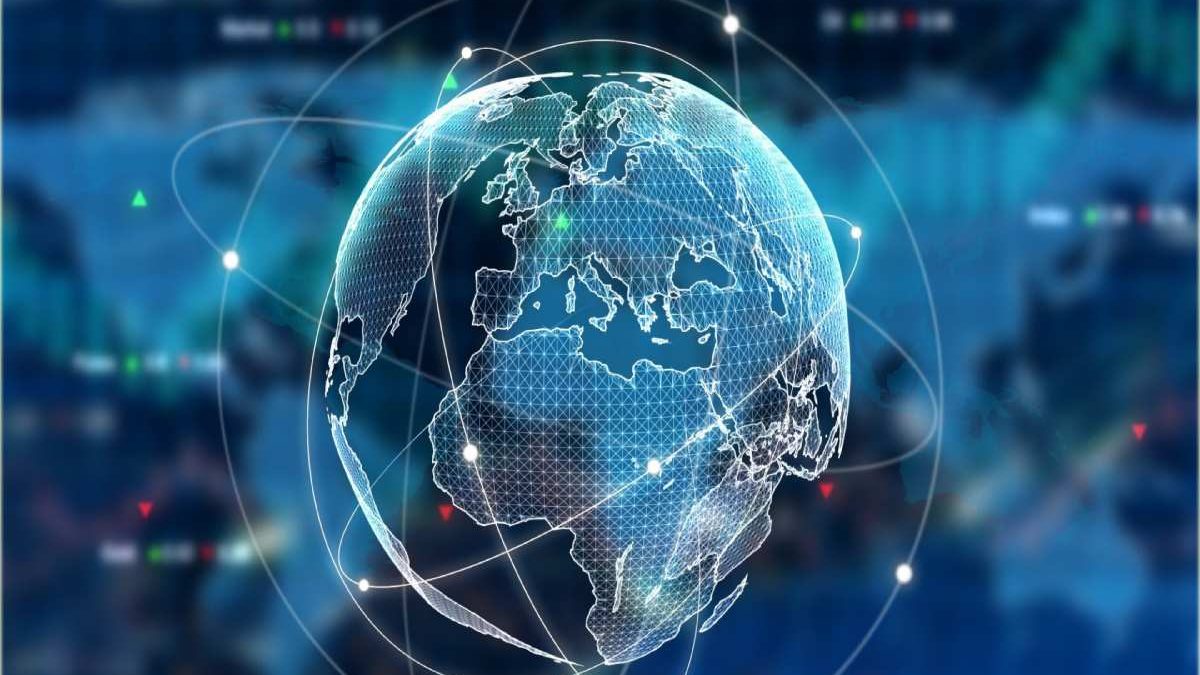After several decades of growing global economic integration, the world is facing the risk of geo-economic fragmentation driven by political factors. The process of globalization has gone through various periods over the past 50 years. Growth was replaced by a fall, after which came recovery and further growth. Globalization is the process of ever more free movement of ideas, people, goods, services and capital across national borders. It leads to greater economic integration. The main stages of globalization are reflected in the indicator of trade openness – the sum of exports and imports of all countries in relation to world GDP. The economic situation is rarely stable, so you should always take care of your income. If you want to make money quickly – you can do it online from the comfort of your home – for example, on the gates-of-olympus-slot.com.
Many economic and political figures perceive globalization as a process aimed at solving global problems of reducing poverty and increasing the access of developing countries to resources and technologies, but the practical side of the issue shows in some cases the opposite. After decades of growing global economic integration, the world faces the risk of fragmentation. Skepticism about the attractiveness of globalization began to grow after the global financial crisis of 2008-2010, followed by a weak global economic recovery.
This contributed to the growing popularity of the policy of protecting national economic interests and erecting barriers between countries, including in the areas of trade, capital, migration and technology exchange. Against the backdrop of growing contradictions, previously hidden risk factors of globalization began to appear. The network of connections between countries has become more intricate. In addition to trade in goods, trade in services has increased dramatically over the past two decades. Both the volume and the number of types of cross-border financial flows have increased. The cross-border movement of people and information has reached new heights.
Supply chains have become highly internationalized. This happened due to the outsourcing of production and some services to countries with skilled, but cheaper labor. As a result, trade in intermediate goods exceeded trade in finished goods. The production of many essential goods has become highly concentrated.
While greater specialization has led to greater efficiency, it has become a source of instability for global value chains. Thus, the US dominates the supply chain (extraction, processing and consumption) of oil and gas, while China is at the same time a leader in clean energy minerals. This makes processes vulnerable not only to logistical risks, but also to disruptions caused by geopolitical factors. Many mistakenly believe that geopolitical turbulence has led to the fragmentation of the global economy.
But the events of 2022 only accelerated and aggravated this process, giving it an additional impetus. The first and most striking example of the beginning of an era of fragmentation of the global economy was the withdrawal of the United Kingdom from the European Union, which began in 2016, as well as trade wars between the two largest economies in the world – the United States and China.
In 2018, this resulted in the adoption of a series of mutual protectionist measures and trade countermeasures. Over the past 13 years, the number of trade restrictions imposed by countries, especially in high-tech sectors that are related to national security or strategic competition, has increased more than five times over the past 13 years, according to Global Trade Alert.
Sooner or later, geopolitical tensions will subside, but it is still unclear in what form the geo-economic structure of the world will meet them. Experts agree that the world of the early 2000s can be forgotten – the contradictions of the present time are too strong and obvious. In addition, many politicians and economists now perceive globalization as a relic and a risk factor for national security.
It is difficult to defend one’s economic interests, and within the framework of the existing geo-economic structure of the world, it is impossible. This means that the formation of new regional blocs and the strengthening of integration within the existing ones will continue.


